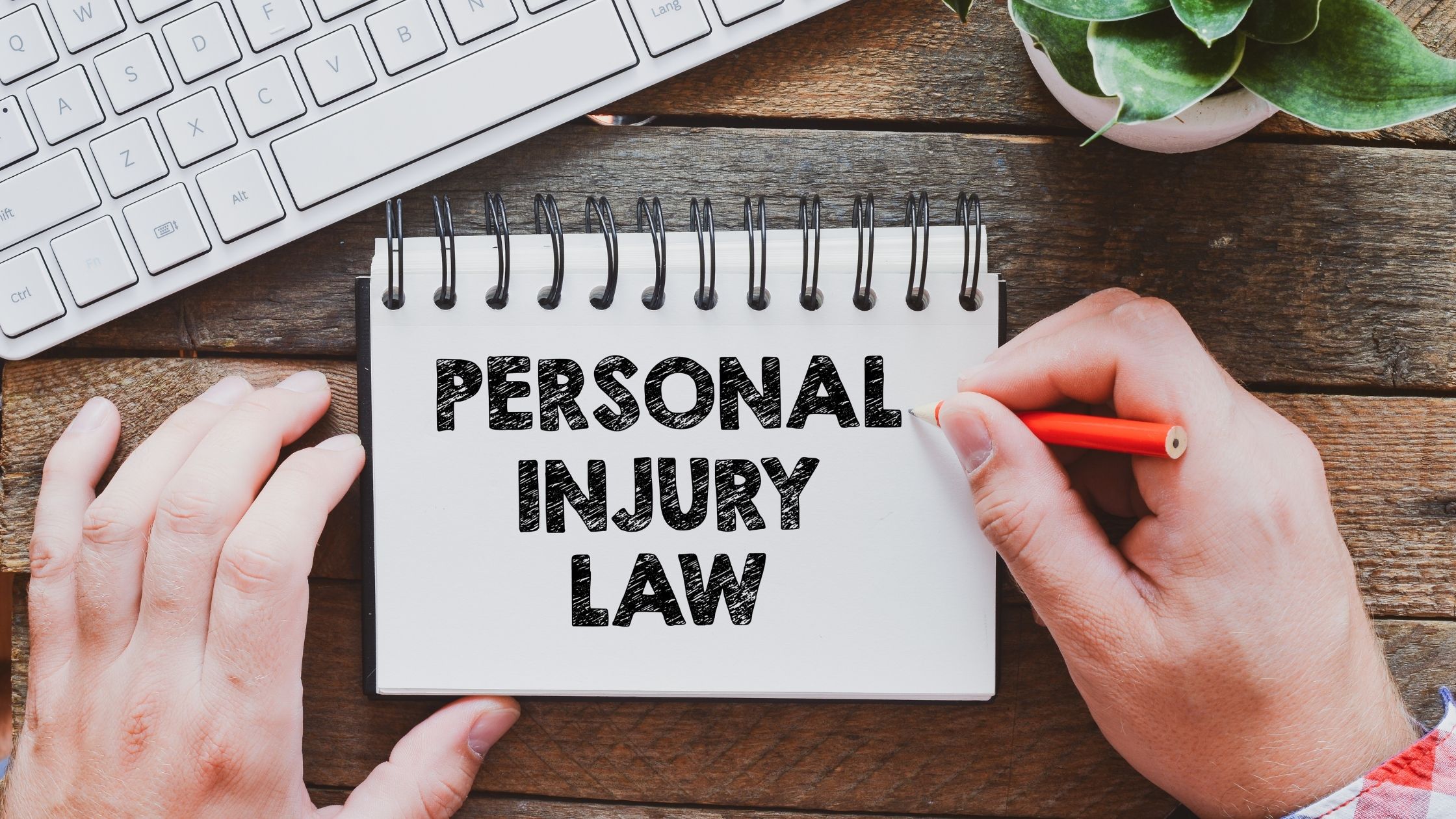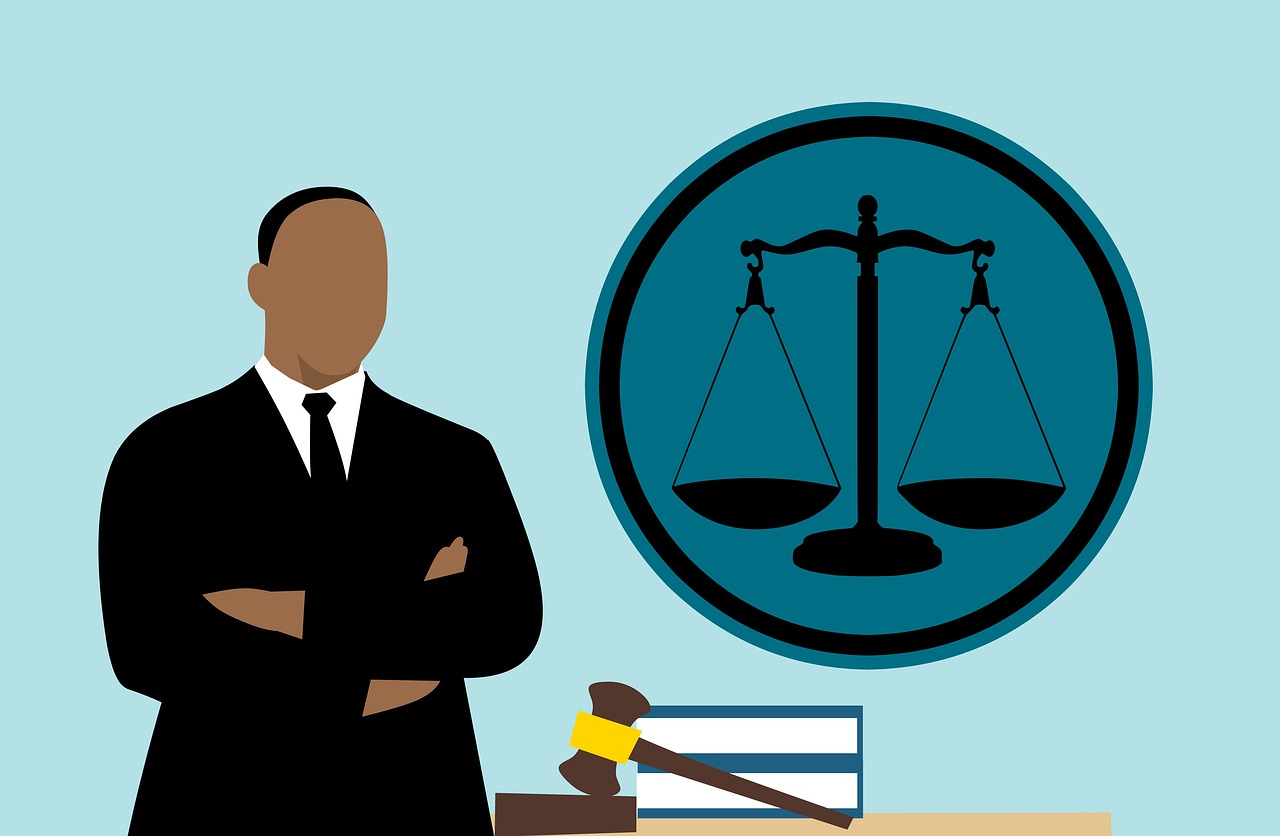World
Personal Injury Lawsuits: Aggravation of a Pre-Existing Medical Condition

Whether it is a vehicle accident, slip and fall incident, or any other incidents that occur out of negligence, most personal injury lawsuits’ primary claim is about injuries that the victim suffered from due to the incident. In most cases, the injuries are rightly claimed but distinguishing them from a previously existing medical condition, or injuries becomes very hard for the case, and the victim’s injury lawyer often struggles with proving this distinction.
Plaintiff’s age and medical history play a huge role in various incidents and injuries. Hence in many cases, it is quite common for the individual to have suffered from similar medical conditions before. A similar or identical medical condition can be from a previous incident, such as a road accident, or natural aging, such as a fractured knee cap.
In such cases, the insurance companies or the defenders usually argue that the existing medical condition of the plaintiff is not because of the incident and that they are in the same medical condition as they had experienced before; hence the incident did not cause any injuries. It is common for insurance companies to have expert insurance medical examiners provide an opinion on the case. The opinion by these doctors is mostly biased as the insurance company is paying them, so they work in their defense. Hence, fighting the case supported by a medical examiner’s opinion gets tougher.
The terminology for someone who has been re-injured similarly is “aggravation of a pre-existing condition.” This represents that the individual did have a previous medical condition or injuries. Still, the accident aggravated or enhanced the injuries or condition, making it more symptomatic, deeming the individual entitled to the insurance claim or the claim against the defendant for worsening the condition. The aggravation of a pre-existing condition is most common in injuries involving neck injuries, back injuries, and traumatic brain injuries.
In lawsuits of aggravation of a pre-existing condition, providing information regarding the previous medical condition and the post-accident condition is not enough. A medical testimony by a licensed healthcare practitioner is required. In most cases, the existing practitioner treating the plaintiff’s medical condition provides the testimony, but sometimes the plaintiff also hires a new practitioner for the medical testimony.
Lawsuit Merit:
Different states have different terms for aggravation of a pre-existing condition lawsuit. It is important to have a professional personal injury lawyer fighting your case to make it strong and avail as much compensation as possible. “The compensation arising from the jury’s verdict of such cases can be huge and cover non-economic losses,” says Felix Gonzalez.
World
A Step-by-Step Guide to Hiring the Right Personal Injury Lawyer

Are you dealing with injuries, loss of income, and hefty medical bills because of an accident that was not your fault? If yes, you need the services of an excellent personal injury lawyer. But how do you determine if a lawyer is a perfect match for your personal injury case when you have so many options? This step-by-step guide aims to teach you the critical steps to hiring the best personal injury lawyer in your state.
1. Know Why You Need a Personal Injury Attorney
Typically, you must hire the right personal injury lawyer if you are pursuing a lawsuit for personal injury. As defined on Forbes, a personal injury lawsuit is a civil action that an injured person takes against a person or company responsible for an accident that resulted in injuries.
For instance, you get into a car crash or slip and fall incident in the workplace because of someone else’s fault. You can sue the party responsible for injuries, lost wages, medical bills, and mental anguish.
But there are instances you may not need a personal injury attorney despite being in an accident. For example, a minor fender bender where no one sustained injuries or had their property damaged is easy to resolve without involving lawyers. So, after an accident, evaluate the damages incurred. If they are severe, search for a personal injury attorney.
2. Do Extensive Research
Where do I begin my search? Referrals are valuable because you can ask specific questions regarding the lawyer’s communication style, availability, litigation experience, and fee structure. So, ask family and friends to recommend someone they have worked with. Search for attorneys in your area online if you need referrals. You can type a simple search query like ‘personal injury attorney near me’ on Google. Alternatively, look for a lawyer through online directories.
3. Schedule Free Consultations
You want to know what a personal injury lawyer will do for you. Therefore, schedule a free consultation meeting and ask questions like:
- What will you prioritize in my case?
The right attorney will focus on getting justice and fair compensation to ensure your stress-free recovery. Communication should also be a top priority. The lawyer should communicate with you using simple terms to help you understand your legal rights. More importantly, they should update you about the case progress on time.
- Do you have experience handling cases like mine?
As lawyers at Cohen, Feeley, Altemose & Rambo law firm mention, experienced personal injury attorneys will guide you through the legal process. Even more interesting, they will handle negotiations on your behalf to safeguard your rights. So, make sure your lawyer has experience in personal injury law.
It would be better if they had specialized experience handling cases like yours. For example, if you are pursuing a truck accident lawsuit, you will want a personal injury lawyer with expertise in dealing with trucking accident claims.
- What is the value of my personal injury claim?
After evaluating your case, a skilled attorney should tell you the worth of your personal injury claim. What you should be cautious of are unrealistic estimates and guarantees. There are no assurances in personal injury claims. If a lawyer promises a higher settlement that sounds too good to be true, do not fall for it because they are lying.
- How much are your legal fees?
Personal injury lawyers work on a contingency fee arrangement. Based on Cornell Law School, a contingent fee structure allows lawyers to receive a certain percentage of the total settlement value a client wins. As a result, you do not pay your legal representative any upfront fee.
4. Check Testimonials
Aside from experience, work with a trustworthy and reputable attorney. You can quickly determine a lawyer has an outstanding reputation by reading testimonials from past clients.
Find out if the clients feel happy about the outcomes of their case. How about the style of communication? Does the lawyer explain legal terms in simple language?
A reputable lawyer will receive positive feedback from clients and respect from peers. Also, check with your local bar association to ensure your preferred lawyer doesn’t have disciplinary actions against them.
5. Select Your Lawyer
At this point, comfort matters a lot. Do not choose a lawyer you feel uncomfortable discussing your legal issues with. Also, ensure they have the experience and resources to win your personal injury claim. Equally important, they should have an excellent reputation.
Conclusion
When you are a victim of an accident that someone else caused out of negligence, you need to seek justice and compensation for your injuries. There is only one way to achieve these goals. You must work with the best lawyer to pursue a personal injury claim. True, choosing the right one can be challenging. But you can make an informed decision if you follow this step-by-step guide to hiring the right personal injury lawyer.
-

 Tech3 years ago
Tech3 years agoEffuel Reviews (2021) – Effuel ECO OBD2 Saves Fuel, and Reduce Gas Cost? Effuel Customer Reviews
-

 Tech5 years ago
Tech5 years agoBosch Power Tools India Launches ‘Cordless Matlab Bosch’ Campaign to Demonstrate the Power of Cordless
-

 Lifestyle5 years ago
Lifestyle5 years agoCatholic Cases App brings Church’s Moral Teachings to Androids and iPhones
-

 Lifestyle3 years ago
Lifestyle3 years agoEast Side Hype x Billionaire Boys Club. Hottest New Streetwear Releases in Utah.
-

 Tech6 years ago
Tech6 years agoCloud Buyers & Investors to Profit in the Future
-

 Lifestyle4 years ago
Lifestyle4 years agoThe Midas of Cosmetic Dermatology: Dr. Simon Ourian
-

 Health5 years ago
Health5 years agoCBDistillery Review: Is it a scam?
-

 Entertainment5 years ago
Entertainment5 years agoAvengers Endgame now Available on 123Movies for Download & Streaming for Free
